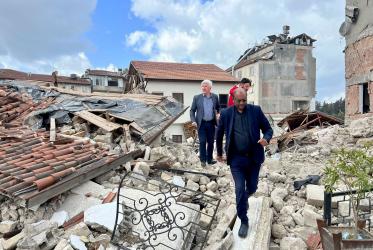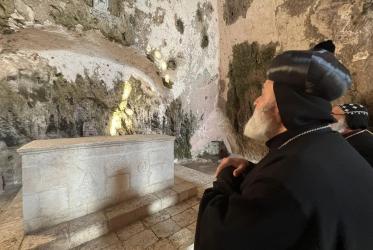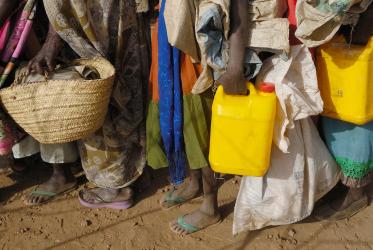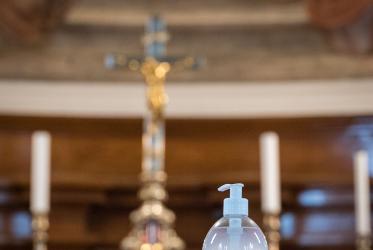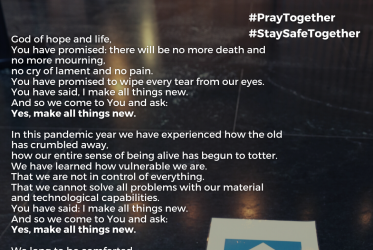Displaying 1 - 20 of 76
WCC president from Europe reflects at Christian Aid assembly
21 November 2023
Ukraine: Responding to humanitarian need
08 September 2022
Dr Abuom reflects on women of faith as healers of creation
05 October 2021
A Window into Eternity
14 July 2021
Rethinking Ecological Relationships in the Anthropocene era
11 - 13 February 2021
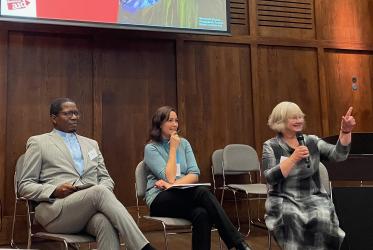
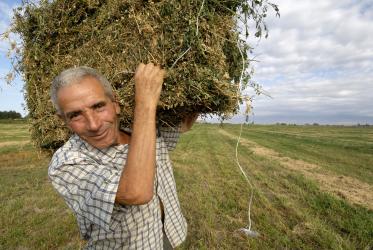
![Image[1].jpeg](/sites/default/files/styles/teaser/public/photoshelterCopy/Image%5B1%5D.jpeg?h=44590859&itok=LMAXVRC6)
